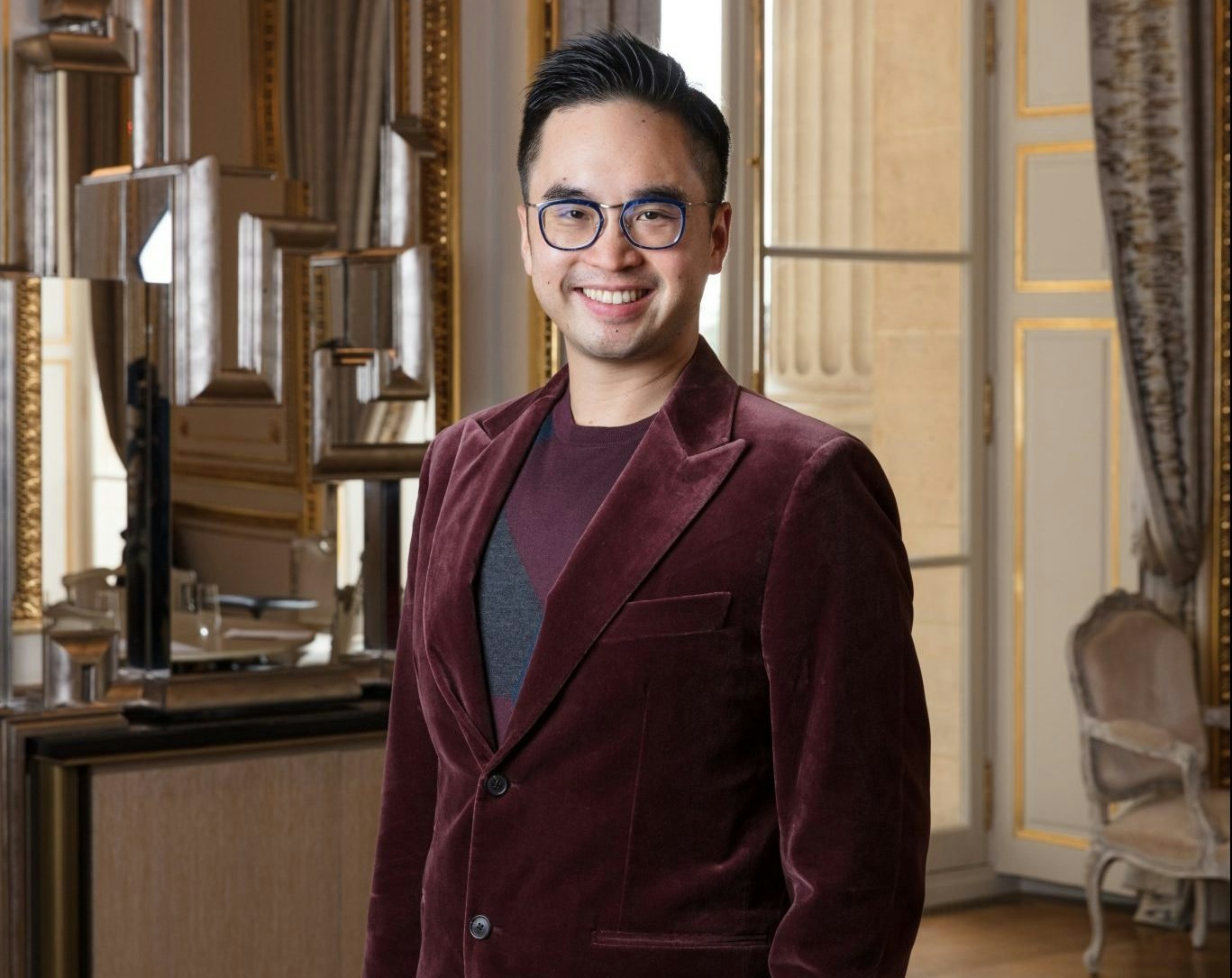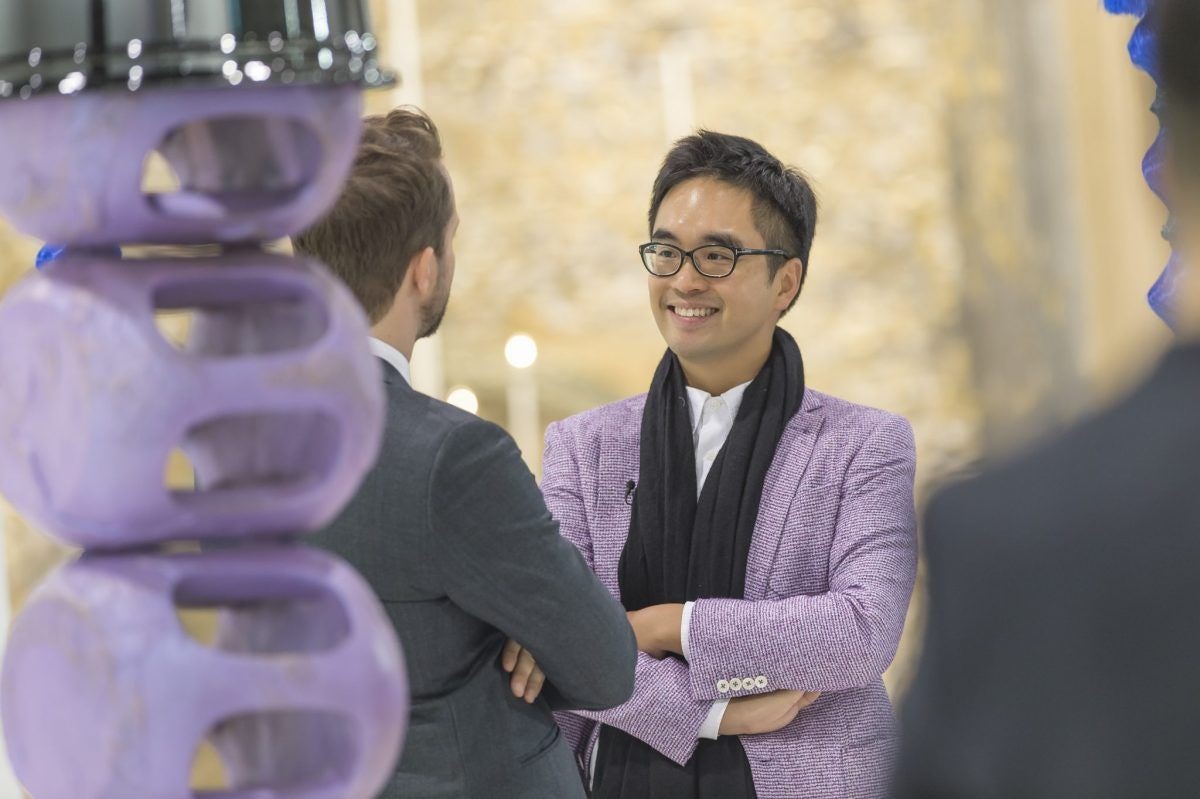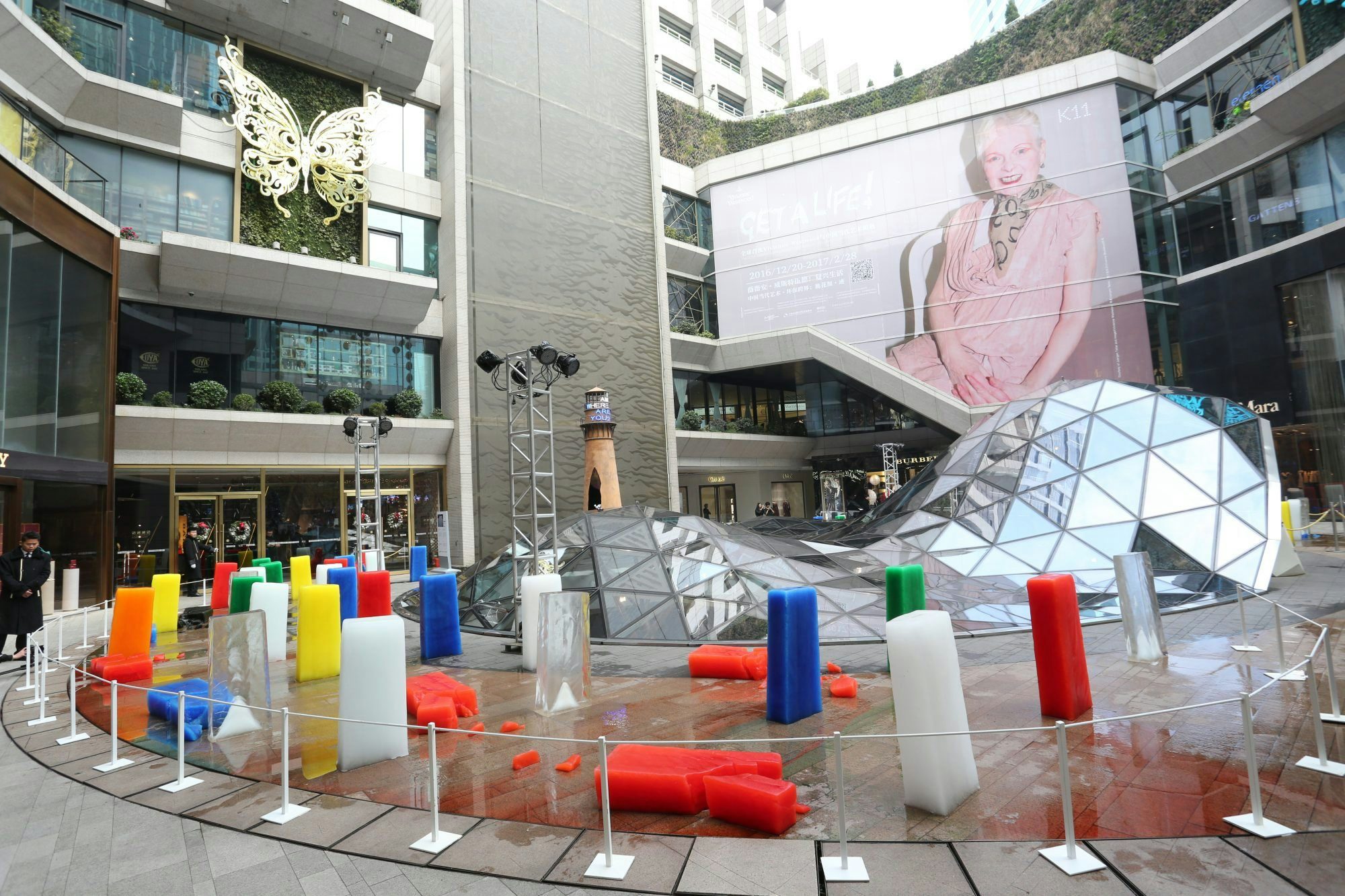For big brands, it’s growing increasingly difficult to ignore the rising purchasing power of Chinese millennials and Gen Z consumers. Not only are they likely to fuel 65 percent of consumption growth through 2020, but they are also fundamentally changing how consumers as a whole in China shop for luxury goods.
It’s this group that Adrian Cheng, the Hong Kong-based entrepreneur behind the K11 shopping malls that blend art, fashion, and experiences, is keeping a close eye on. Now, his latest string of investments provides luxury industry players further clues as to what will be the next wave of brands and retail experiences operating in China.
Cheng, the Executive Vice Chairman of the New World Development Group, is known as the force behind Shanghai’s K11 Art Mall, a space that combines a museum with retail, creating a culture and lifestyle-focused shopping environment tailored to Chinese millennials. By 2023, the mall is expected to have nine outlets across China. The first K11 Art Mall was opened in Hong Kong's Tsim Sha Tsui in 2008.
While the mall plays host to major luxury brands as well as local ones, Cheng also uses it as a platform for up and coming international companies and platforms to reach Chinese consumers through innovative shopping experiences. Earlier this year, Cheng was named the vice chairman and creative advisor of Nowness, a digital media platform formerly operated by LVMH, which he plans to take offline through K11, saying “I believe personalized O2O experiences are the future of retail.”
Along with business partner Clive Ng, Cheng has recently created an investment fund he calls a “cultural ecosystem” named C Ventures, with the intent to connect international next-generation companies across fashion, media, art, and e-commerce. He believes that C Ventures will effectively cater to the demands of China’s millennials and will engage with the nation’s future generation of luxury consumers.
While it’s not yet known whether every company relating to C Ventures has specific plans to expand in China just yet, it’s clear that the partnerships will fuel an exchange of information, data, and resources, giving these businesses access to Cheng’s already expansive network across China and Asia as well as to “the digital life of Chinese consumers.”
The launch portfolio includes major names in fashion media and retail, including online luxury fitness boutique Bandier, experiential beauty hub Beautycon, art auction website Paddle8, Dazed Media, and Not Just A Label, an e-commerce platform for new fashion design talent with a growing list of Chinese designers.
The portfolio reflects trends already prominent among young Chinese and global consumers where Cheng sees potential for growth. For example, Chinese millennials are characterized by the fact that they want unique and quality luxury goods, and Not Just A Label provides a curated selection of pieces online from a pool of 27,000 designers from 150 countries. Similarly, K11 goes beyond big brand luxury stores with its own design store by Kuriosity, whose team searches for emerging Chinese designers and provides an online-to-offline platform to showcase their products.
There’s also athleisure and experiential retail platforms in the C Ventures mix, as well as two Western companies that could be a major draw for China’s millennial generation: the luxury fashion rental apps Armarium and Flont. Armarium provides a platform to its aspirational clients to borrow high-end runway pieces and styling advice from fashion veterans. Flont is a platform for luxury jewelry rentals, with more than 50 brands available. A recent Nielsen study revealed that 94 percent of Chinese consumers are willing to join sharing communities, compared to just 42 percent in the United States. Nonetheless, it is millennials in every region that are driving rental economies.
Flont said in a statement that the investment via Cheng’s C Ventures will help fund its expansion into the Chinese market. The company, which aims to give luxury consumers a chance to “try before they buy,`” is headquartered in the United States.
Cheng’s C Ventures launch has been among other recent major investment announcements in Greater China, including JD.com’s partnership with London-headquartered luxury fashion retailer Farfetch. As China’s luxury consumer market continues to grow, it’s likely the industry will continue to see strategic investments that give industry leaders in Greater China better insight into targeting emerging consumer markets.



